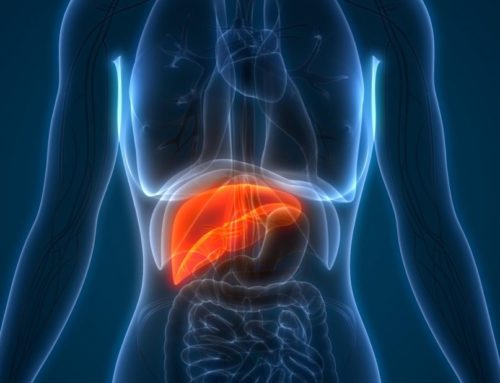In the U.S., the average age of onset for “natural” menopause is 51. However, because of genetics, illness, or medical procedures, some women go through menopause before the age of 40. Menopause that occurs before this age, whether natural or induced, is known as “premature” menopause.
In addition to dealing with hot flashes, mood swings, and other symptoms that accompany menopause, many women undergoing premature menopause have to cope with additional physical and emotional concerns. For example, because menopause signals the end of a woman’s fertile years, a woman who wishes to get pregnant is likely to have trouble.
What Are the Symptoms of Premature Menopause?
Symptoms of premature menopause are often the same as those experienced by women undergoing natural menopause and may include:
- Irregular or missed periods
- Periods that are heavier or lighter than usual
- Hot flashes (a sudden feeling of warmth that spreads over the upper body)
These symptoms are a sign that the ovaries are producing less estrogen.
Along with the above symptoms, some women may experience:
- Vaginal dryness (the vagina may also become thinner and less flexible)
- Bladder irritability and worsening of loss of bladder control (incontinence)
- Emotional changes (irritability, mood swings, mild depression)
- Dry skin, eyes, or mouth
- Sleeplessness
- Decreased sex drive
In addition to the symptoms listed above, if you are under the age of 40 and experience any of the following conditions, you should see your doctor to determine whether you are undergoing premature menopause:
- You have undergone chemotherapy or radiation
- You or a family member has an autoimmune disorder such as hypothyroidism, Grave’s disease or Lupus.
- You have unsuccessfully tried to become pregnant for more than a year
- Your mother or sister experienced premature menopause
How Is Premature Menopause Diagnosed?
To diagnose premature menopause, your doctor will most likely perform a physical exam and draw blood to rule out other conditions, such as pregnancy and thyroid disease. He or she may also order a test to measure your estradiol levels. Low levels of estradiol, a form of estrogen, can indicate that your ovaries are starting to fail. When estradiol levels are below 30, it may signal that you are in menopause.
However, the most important test used to diagnose premature menopause is a blood test that measures follicle stimulating hormone f(FSH). FSH causes your ovaries to produce estrogen. When your ovaries slow down their production of estrogen, your levels of FSH increase. When your FSH levels rise above 40 mIU/mL, it usually indicates that you are in menopause.





